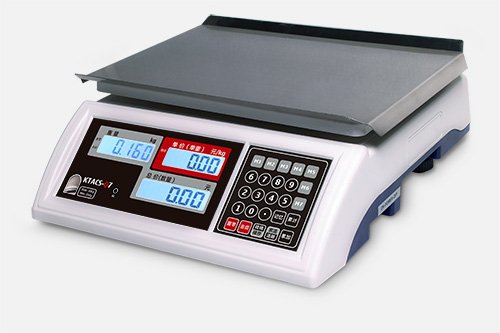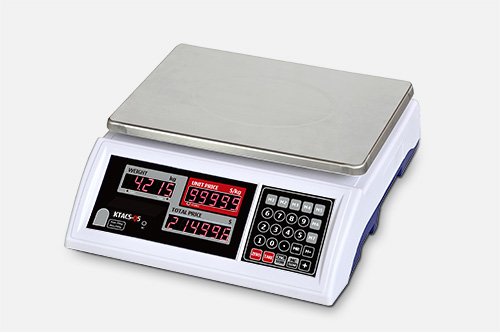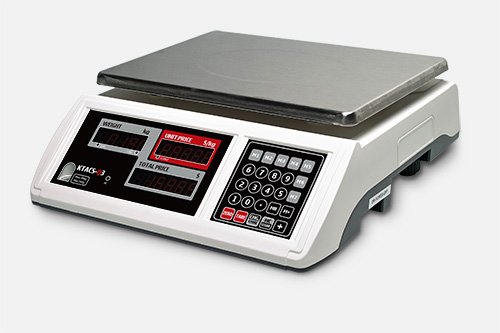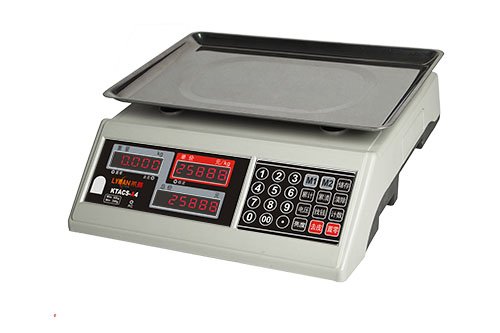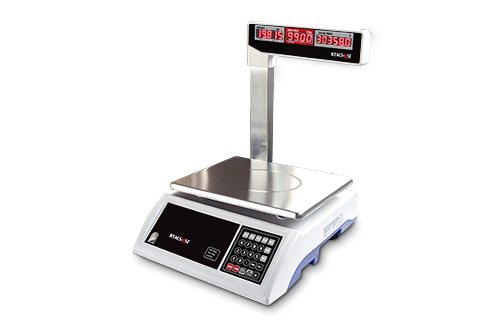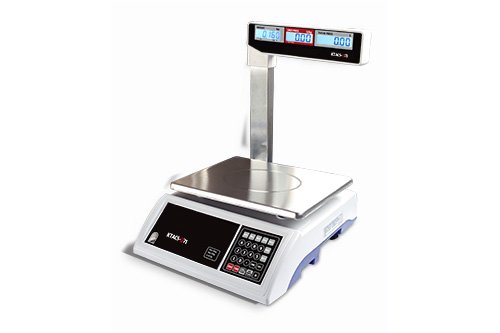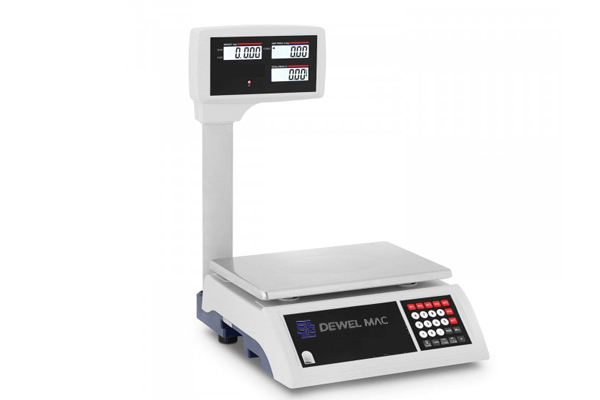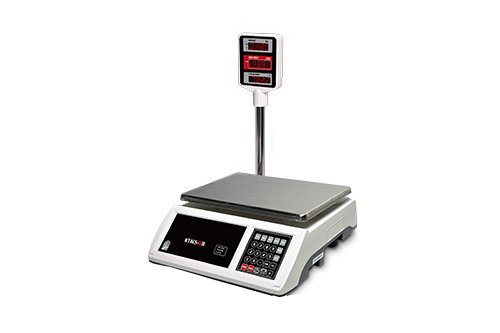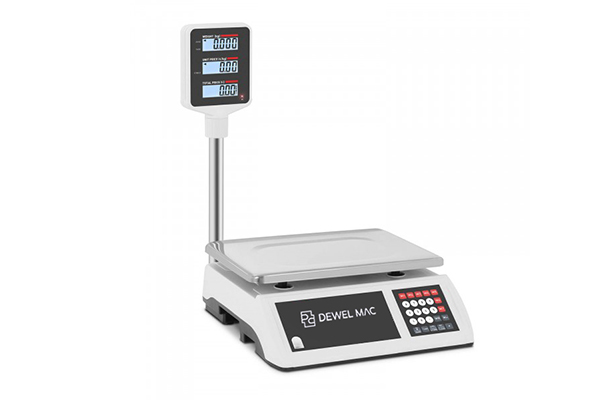High Quality Price Computing Manufacturer & Wholesale SUpplier
Price computing scales from Dwinley are designed to deliver fast and precise weighing with clear price calculations. Built for supermarkets, grocery stores, butcher shops, delis, and open markets, these scales help retailers improve efficiency and ensure fair transactions every day. Each scale is equipped with muti displays so both the operator and the customer can view weight and price instantly.
Dwinley supports businesses with complete service solutions:
- Wholesale supply with competitive pricing and consistent availability.
- Customization of design, capacity, and functions to match unique requirements.
- OEM production under your own brand with guaranteed quality.
- ODM support for developing new models and tailored product designs.
With Dwinley, you gain more than just a scale. You gain a dependable partner focused on accuracy, durability, and flexible solutions to strengthen your retail operations.
Dwinley Wholesale Price Computing Scale Series
Boost efficiency and accuracy in your store with our Digital Pricing Computing Scales. These scales is designed for retail, supermarkets, markets, and food shops, delivering precise weight measurements and instant price calculations. Its easy-to-read digital display ensures clear visibility, while programmable memory allows quick access to multiple product prices, speeding up checkout and minimizing errors.
The sturdy platform supports frequent use, and its compact design fits any counter without taking up extra space. Lightweight yet durable, it is ideal for daily operations and high-traffic environments. With reliable performance and simple operation, this scale helps store owners manage sales efficiently, maintain pricing accuracy, and enhance customer satisfaction.
Perfect for weighing fruits, vegetables, packaged goods, and more, ourprice computing weighing scale is a practical investment for any business aiming for precision and speed.
- Auto Span Adjustment & Zero Tracking – Ensures precise weight measurements and reduces errors, providing accurate pricing for every transaction.
- LCD or LED Displays – Clear digital readouts improve visibility for both staff and customers.
- Operator & Customer Displays – Separate screens, available with or without a pole, allow both parties to see the transaction clearly, enhancing transparency.
- Stainless Steel Platform & ASB Enclosure – Durable, hygienic, and designed for heavy-duty use in retail and commercial environments.
- Three Separate Displays – Shows verifiable weight, unit price, and total price for precise billing.
- Printer Integration via RS232 Port – Easily connects to receipt printers for fast and efficient checkout.
- Energy Efficiency – Optimizes power consumption, extending battery life and reducing electricity use.
- Rechargeable Battery & AC Adapter – Flexible power options allow use with a rechargeable battery or directly via AC adapter for continuous operation anywhere.
- Retail Stores & Supermarkets
- Butcher Shops & Fish Markets
- Bakeries & Confectioneries
- Grocery Stores
- Packaging & Warehousing
Any business selling products by weight can benefit from a price computing scale to ensure accuracy and speed.
Types of Dwinley’s Price Computing Scales
Compact Desktop Price Scales – These scales save counter space while ensuring precise measurements. They are available with flat trays or edgefolded plates, making them suitable for various items. Compact desktop scales are ideal for small shops, delis, and bakeries where space is limited.
- Flat Trays vs Edgefolded Plates
-
Flat trays provide a simple, smooth surface for placing items. They are easy to clean and suitable for general weighing tasks. Flat trays work well for most retail products, from packaged goods to loose items like fruits and vegetables. Their minimalist design makes them a cost-effective choice for small shops and high-traffic counters.
-
Edgefolded plates feature raised edges around the tray. This design prevents items from sliding off, which is especially useful for irregularly shaped or small products. Edgefolded plates improve safety and reduce spillage, making them ideal for busy supermarkets, bakeries, and food stalls. They are also durable, handling frequent use without deformation.
Scales with Printer – These models come with built-in printers for receipts or labels. They are essential in supermarkets and food service settings where printed weight and price information is needed. Integrating a printer reduces manual work and improves operational speed.
Scales with Pole Display – Featuring a display pole, these scales allow customers to see the weight and price clearly. Pole scales are commonly used in open counters and self-service areas, enhancing transparency and trust.
Best Price Computing Scale Buying Guide
Choosing a reliable price computing scale helps your business save time, reduce errors, and get the most value from your investment.:
- Accuracy – Provides precise weight and pricing, essential for daily business operations.
- Capacity & Size – Choose a scale that fits your products and workflow efficiently.
- Ease of Use – Clear display, simple operation, and programmable functions for faster transactions.
- Durability – Built to handle high-volume commercial use reliably.
- Cost-Effectiveness – Consider bulk pricing and long-term ROI for multiple units.
- Supplier & Support – Partner with reliable vendors providing warranties, technical support, and responsive after-sales service.

